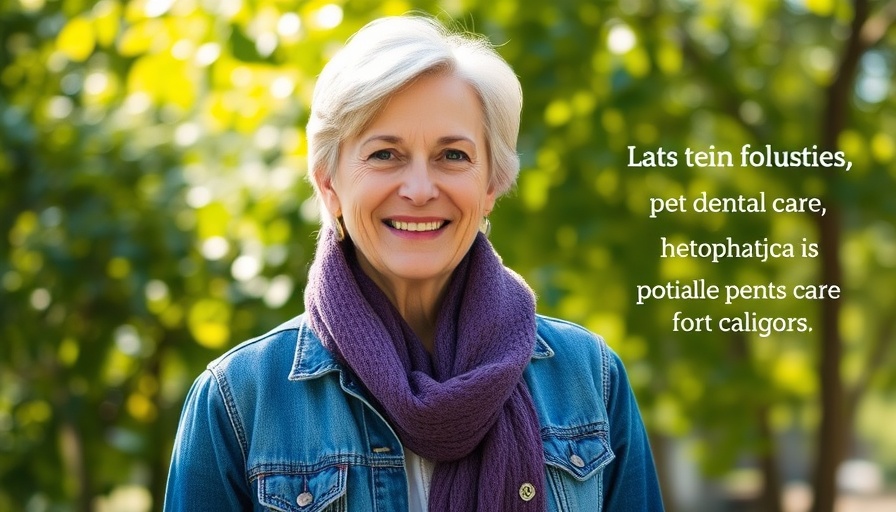
Understanding Common Dental Myths in Pets
Many pet owners unknowingly contribute to their animals' oral health issues by adhering to dental care myths. Oral health is foundational to the overall well-being of companion animals, but misleading beliefs lead to poor care practices.
Debunking the Hard Kibble Myth
A prevalent belief among pet owners is that feeding hard kibble effectively cleans their pet's teeth. Contrary to this notion, hard kibble tends to break apart without thoroughly scrubbing tooth surfaces, resulting in plaque build-up. Instead, veterinary dental diets designed for effective chewing can help maintain healthier teeth and gums.
The Bone and Antler Debate
It's common for pet owners to think bones and antlers promote dental health by providing a natural chew. However, these items pose serious risks, including tooth fractures and abscesses, due to the side-to-side motion needed for grinding food, which dogs lack. Understanding these risks is critical to ensuring your pet’s dental safety.
Age Is Not an Excuse
Pet owners might believe that older dogs don’t need dental cleanings, fearing the risks associated with anesthesia. However, age should not deter dental care, as older pets are often at heightened risk for oral infections that could lead to systemic health issues.
Recognizing Signs of Dental Problems
Many owners dismiss bad breath in their dogs, assuming it’s normal. In reality, persistent halitosis often signals periodontal disease and bacterial activity, indicating the need for immediate veterinary attention. Furthermore, just because a dog continues to eat doesn’t mean it’s healthy; dental pain can lead to altered eating behavior, masking underlying issues.
Conclusion and Next Steps for Pet Owners
Understanding these common misconceptions about pet dental care can significantly improve your pet’s oral health and overall well-being. As veterinary professionals, you have the opportunity to educate pet owners, dispelling myths, and promoting effective dental care practices. By doing so, you enhance client trust and improve the health outcomes of animals in your care.
 Add Row
Add Row  Add
Add 

 Add Row
Add Row  Add Element
Add Element 




Write A Comment